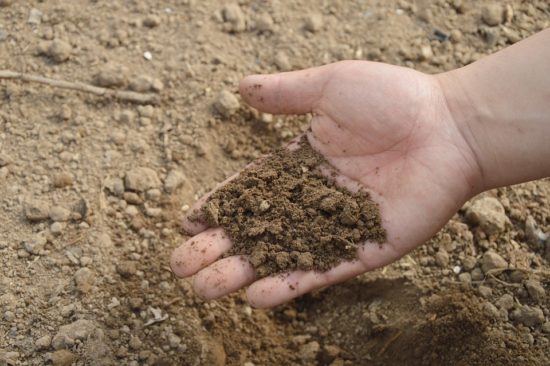Role of endogenous soil microorganisms in controlling antimicrobial resistance after the exposure to treated wastewater
The reuse of treated wastewater (TWW) for irrigation is a solution to water demand and scarcity, but it contains micro-pollutants and antibiotic-resistant bacteria. This study assessed the impact of exogenous bacteria from TWW or tap water on soil microbial communities and antibiotic resistance gene abundances. Results showed that exposure to TWW induced a dynamic response, but no significant increase in resistance and mobile gene abundances. Low-diversity soils were more sensitive to TWW, enabling the establishment of exogenous bacteria, such as Planctomyces. The study also showed that water input frequency, initial soil microbial diversity, and soil history drive changes within soil endogenous communities and antibiotic resistance gene pool.
AMR NEWS
Your Biweekly Source for Global AMR Insights!
Stay informed with the essential newsletter that brings together all the latest One Health news on antimicrobial resistance. Delivered straight to your inbox every two weeks, AMR NEWS provides a curated selection of international insights, key publications, and the latest updates in the fight against AMR.
Don’t miss out on staying ahead in the global AMR movement—subscribe now!







